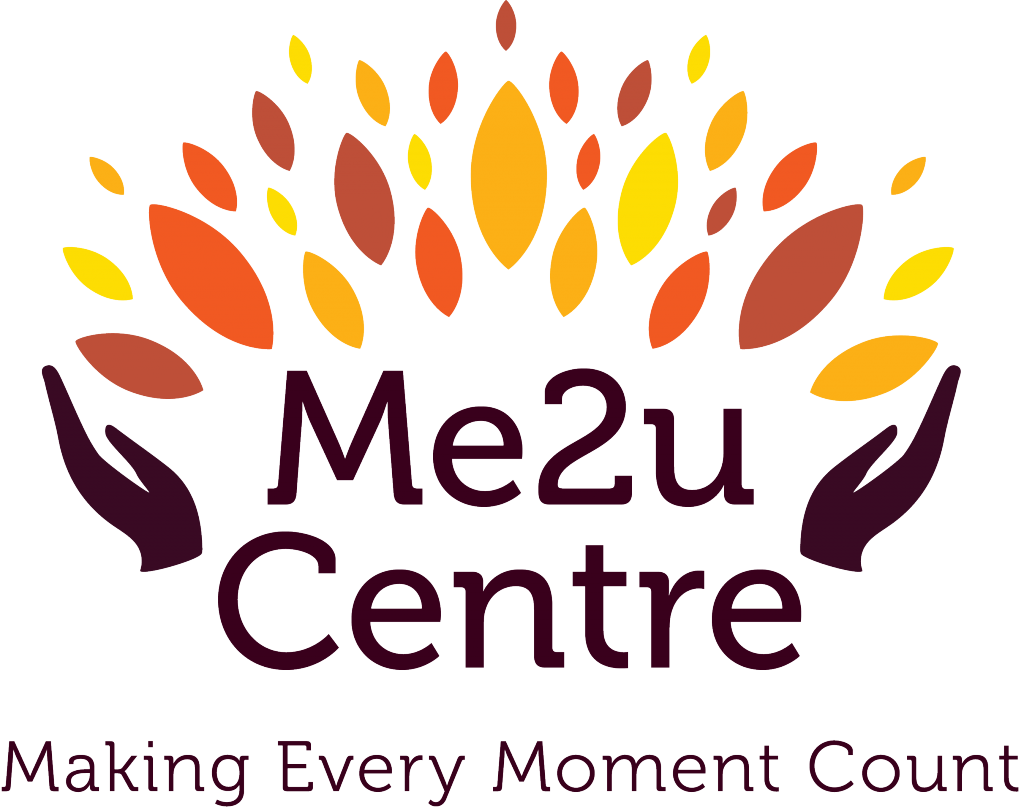In our last article we looked at the activities you can do at home or outside Me2U Centre for loved ones living with dementia. One point we raised was the value of music as a source of enjoyment.
Me2U Centre understands the powerful effects of music and that is why we provide musical activities in the centre as an integral part of our programme.
This article looks a little more into the benefits of music when other aspects of brain function are no longer working as they should.
- Music helps trigger emotions
Music is a powerful emotional driver. When other memory functions fade due to dementia, the part of the brain responsible for our musical memories remains intact far longer. Music allows people to tap into emotions they might not have experienced for a long time, so this can be a welcome change.
- Music can elevate mood and reduce anxiety
In studies, dementia patients have been shown to react well to music therapy. Care home staff pick up on changes in mood for the better, including less agitation. Symptoms such as depression and anxiety can be alleviated by hearing music, so putting on some background tunes can help with day to day caring tasks.
- Music provides a “sense of self”
One of the most distressing aspects of dementia for carers is the gradual loss of your loved one’s personality. In advanced stages of the condition, patients will not recognise their closest family members. Yet music provides a temporary way to reconnect them with their old self, including memories and emotions.
- Music helps information recall
Studies have shown that patients have been able to learn song melodies and lyrics, even songs they have never known previously.
Patients have even been able to pick up new musical skills, which is proof that some memory still functions.
This is because it’s the procedural memory at play, when we remember how to do tasks, as opposed to episodic memory, which helps us remember events in our lives.
- Music is sociable
Perhaps one of the most important factors in support of music therapy is the fact that people gain immense satisfaction from it. Most people have a positive relationship with music, even those with severe Alzheimer’s disease. Group singing and dancing promotes sociability and therefore should not be neglected by any home or respite centre.
Earlier this year, the International Longevity Centre and Utley foundation appealed to MPs to allow for more efforts by the NHS in raising awareness of music therapy. It is estimated that only 5% of institutions looking after elderly people are doing enough. Music therapy needs to be prioritised more as part of a care plan in order to give people with dementia a better quality of life.
To find out more about music and the other stimulating activities we offer at Me2U Centre, please get in touch.
Recent Posts
- Understanding Dementia: What It Is, Its Impact, and How to Support Your Loved Ones
- Autumnal Activities for Dementia Patients: September’s Dementia Therapies
- The Best Therapies for Dementia Patients in the UK
- Engaging Activities for Dementia Patients: Keeping Fun and Connection Alive at Home
- Caring for the Caregiver: Ensuring the Well-being of Those Who Care for Dementia Patients
